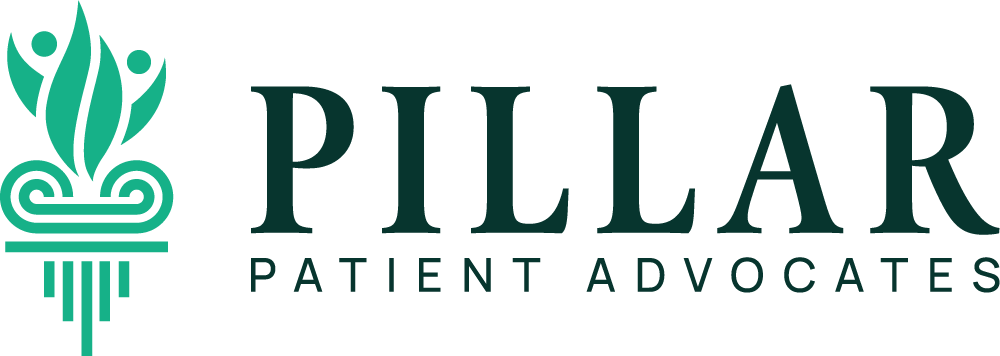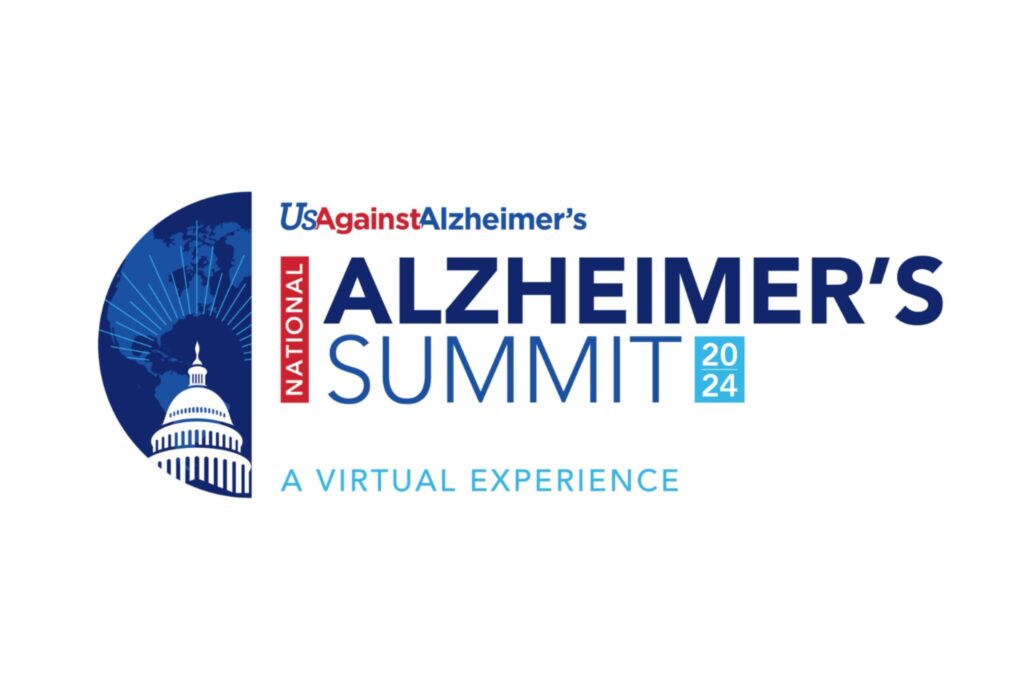Insights from the UsAgainstAlzheimer's 2024 National Summit
Some of the staff at Pillar Patient Advocates had the privilege of attending the virtual 2024 UsAgainstAlzheimer’s National Summit. This year’s theme, “The New Era of Alzheimer’s: What Does It Mean for All of Us?” highlighted critical advances in Alzheimer’s care and the shared urgency to make a difference for families impacted by this devastating disease. Here are some key takeaways from the summit:
-
The Preclinical Phase
Alzheimer's begins long before noticeable symptoms appear, in a stage known as preclinical Alzheimer's. While this stage can last for years or even decades, advanced brain imaging can now detect amyloid plaques and neurofibrillary tangles early. Early detection in this phase can lead to better outcomes for patients.
-
New Diagnostic Techniques
Alzheimer’s often goes undiagnosed or is diagnosed too late, especially in Black and Latino communities. The earlier we detect this disease, the more effective the treatment can be. Innovations in blood tests, digital cognitive assessments, and the help of AI detection are paving the way for earlier diagnosis, but access to these tools remains a crucial challenge. The communities that are more likely to develop Alzheimer’s have the least access to these new diagnostic efforts. UsAgainstAlzheimer’s is calling on providers and community health centers to consider these populations and to inform them about these diagnostic tests.
-
New Hope with Lecanemab
Lecanemab, also known by the brand name, Leqembi, offers a promising new option for Alzheimer’s patients. By targeting the amyloid buildup responsible for the disease, this treatment provides hope for patients and families looking for new choices. Providers on the panel mentioned that patients are grateful to have the option, even after learning of the potential side effects.
-
Caring for the Caregiver
One powerful statistic that stood out to the Pillar team is that spouses who become caregivers for a loved one with dementia are six times more likely to develop the condition themselves. Researchers suggest that the immense stress and emotional toll of caregiving may significantly increase this risk, underscoring the need for more support and resources for those caring for family members with dementia. The health and wellbeing of the caregiver can not be overlooked.
Alzheimer’s affects nearly 7 million Americans today. The path forward demands collaboration and action from all sectors—healthcare, policymakers, and communities. Together, we can push for solutions that bring hope to every family impacted by this disease. To hear more from the UsAgainstAlzheimer’s team and their collaborators, you can view the summit sessions at https://www.usa2summit.org/.



